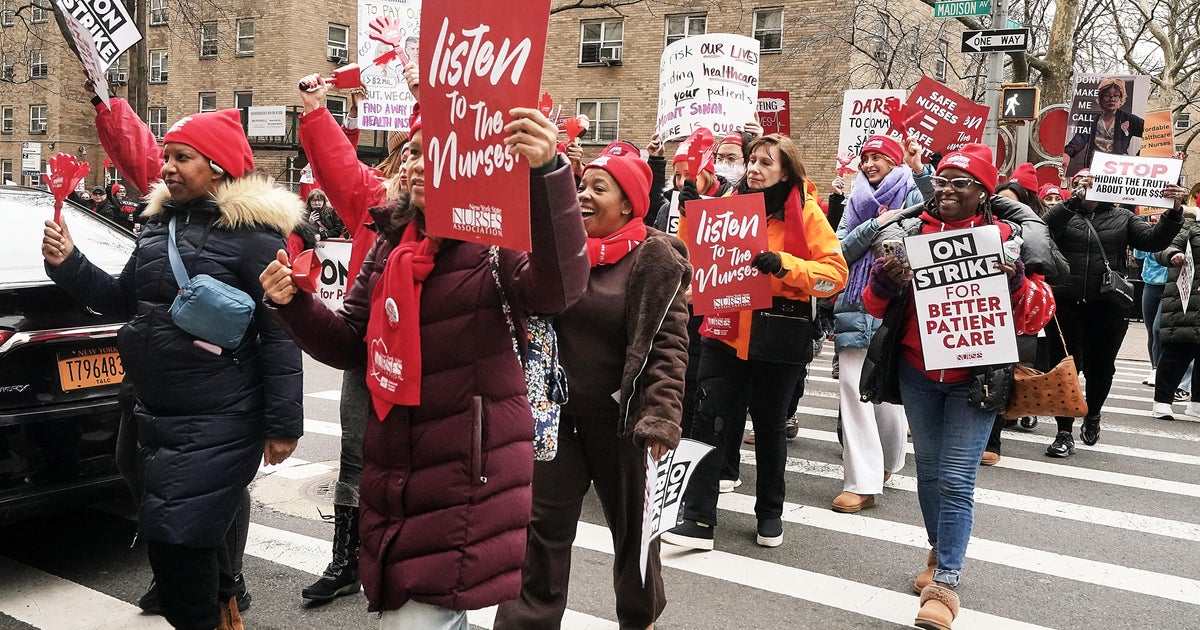4-day work week trial seen as overwhelming success
BOSTON – Do four-day work weeks work? The full results of an international study are in and they show the trial was an overwhelming success.
Juliet Schor, a Boston College sociology professor, collaborated on the six-month trial that involved dozens of companies in the United Kingdom. Thousands of employees worked a 32-hour week instead of 40.
The study found employers seem to love it.
"We were able to reach out to all of the companies, and there are 61 of them, and they are not going back to the five-day week. So that's pretty exciting," Schor said.
Employees saw benefits off the job as well.
"They have less stress, less burnout, better physical health, they report better mental health, more positive emotions," Schor said.
Rethinking a workday may be the secret to the success of the shorter week.
"A big part of why is the process of work reorganization that the companies go through before they implement the four day week," Schor said. "They don't just say, 'Alright, one day less, let's just speed everything up on the on the four days,'" Schor said. "They change their meeting cultures, they reduce distractions. They do a lot company-wide to improve productivity."
In fact, about one-third of companies found a slight improvement in productivity and 15% showed a significant improvement.
Schor said remote working during the pandemic also played a role in companies opening up to new work ideas.
"As one CEO said to me, work from home taught us so that we could trust our employees about where they work. And having created that trust. we could then trust them about how many hours they work," Schor said.
Companies also say fewer employees have left since they implemented the four-day week.
Fifteen percent of employees who participated in the pilot said "no amount of money" would convince them to go back to working five days a week.








